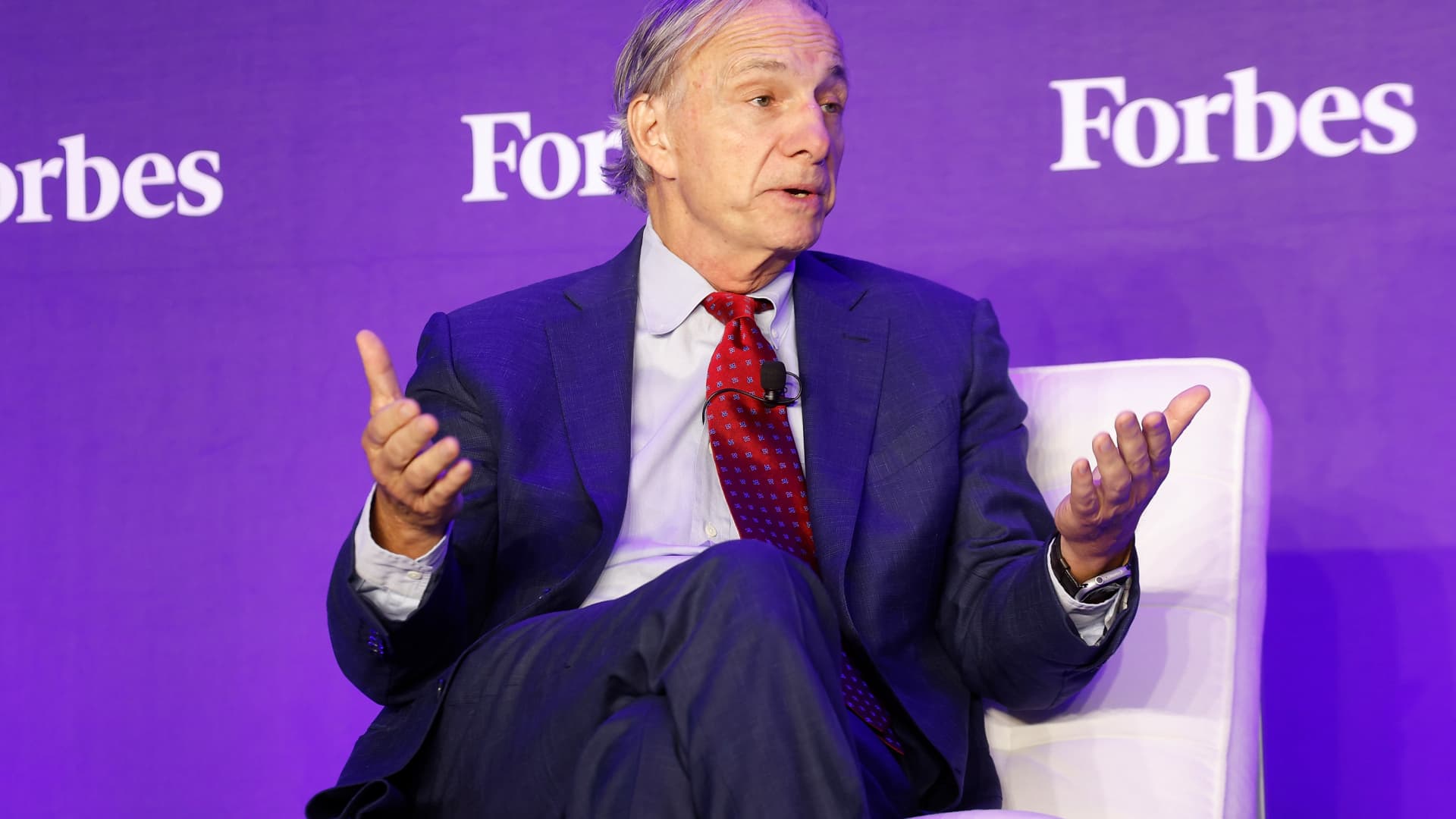Becoming aware of the EU truth?
Moreover, those who really make Turkey out to be the "other" Christian Europe are French intellectuals. In his book "Structure du Serail," Alain Grosrichard proves with a Freudian analysis on how Montesquieu’s concept of "oriental despotism" made Turks out to be the opposite of the European identity.
At a time when Armenian’s anti-Turkish and anti-Semitist sentiments are on the rise, the Muslim minority faces significant reaction and extreme-nationalist parties are opposed to both Turkey and the European Union, the belief in Turkey being the "other" is definitely getting stronger.
Under such conditions, it is impossible for one to accept a country and a nation, which is thought to represent the antithesis of everything one believes in, as one’s equal. However, it appears that stronger factors are at work than this mechanism in France.
France is the country that initiated this unification process of Europe. The Monnet-Schuman duo are the founders and inventors of the current EU. France naturally feels responsible for the evolution and future structure of the union. It is greatly feared that Turkey’s EU membership would threaten change in the way the French political class sees the concept of the EU. Britain’s transatlantic relations being as strong as its relations with the EU, has a restraining influence on the unification process. It is feared that, with Turkey’s membership, this unification process may grind to a halt or even regress.
France, despite being a smaller power in terms of economy, population and land, is a more active strategic actor, because it has nuclear weapons and is not weighed down by the moral lapses of the past. If Turkey realizes its economic potential after becoming an EU member, it may become a significant power and can become one of the leading members. Moreover, because Turkey was not occupied by Germany in World War II like other European countries and was not "saved" by the United States or the Soviet Union, its strategic culture based on an undamaged nationalism permits it to conduct extra-territorial operations.
Moreover, this military capability may result in closer cooperation with the U.S. in the future in our extremely important geo-strategic region. This possibility is upsetting France, which likes defining itself with anti-Americanism.
France’s attitude towards our membership is also affected by its current state of affairs. France, just like most EU countries, will hold a very controversial constitutional referendum. Preventing this referendum from ending up as defeat is a great test for the French political class. Turkey’s membership process increases the risk of defeat. That’s why most politicians feel obligated to oppose Turkey getting a date to start the membership negotiations. Those who are for our membership argue that the negotiations will be very long, because Turkey needs to undertake many major reforms, noting that Turkey’s membership could be put to a public referendum after the end of negotiations.
Another problem is that the French public is currently experiencing one of its periodic depressions. Some EU members, some of them very new, opposing the French stance on the U.S. war on Iraq, create significant doubt about the future of the EU and the leadership of France. Under such conditions, Turkey’s membership becomes even less attractive.
There is also the financial burden our membership will bring, together with the important adjustments needed within the EU institutions.
Under these conditions, the best possible scenario appears to continue on our road step by step and be pleased with getting a date to start negotiations, while ignoring the anti-Turkish statements made by French politicians.


